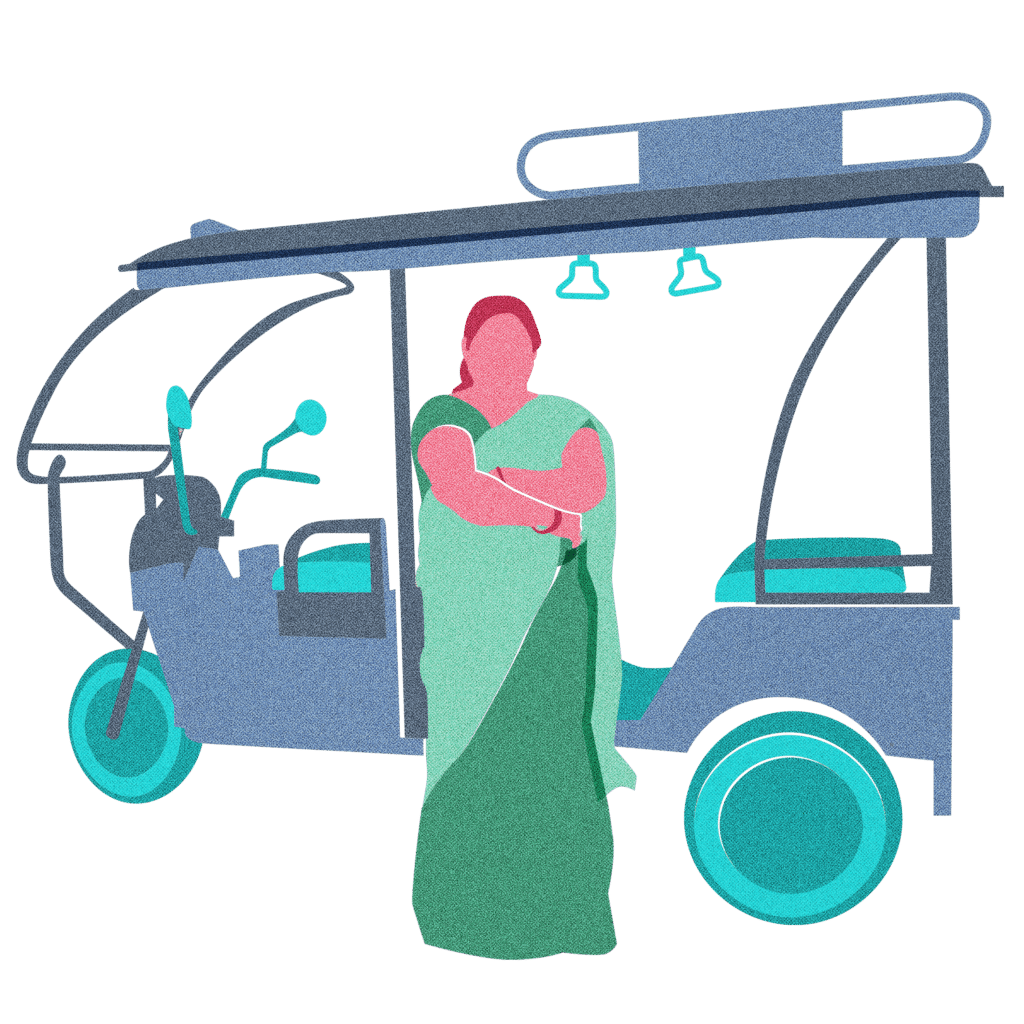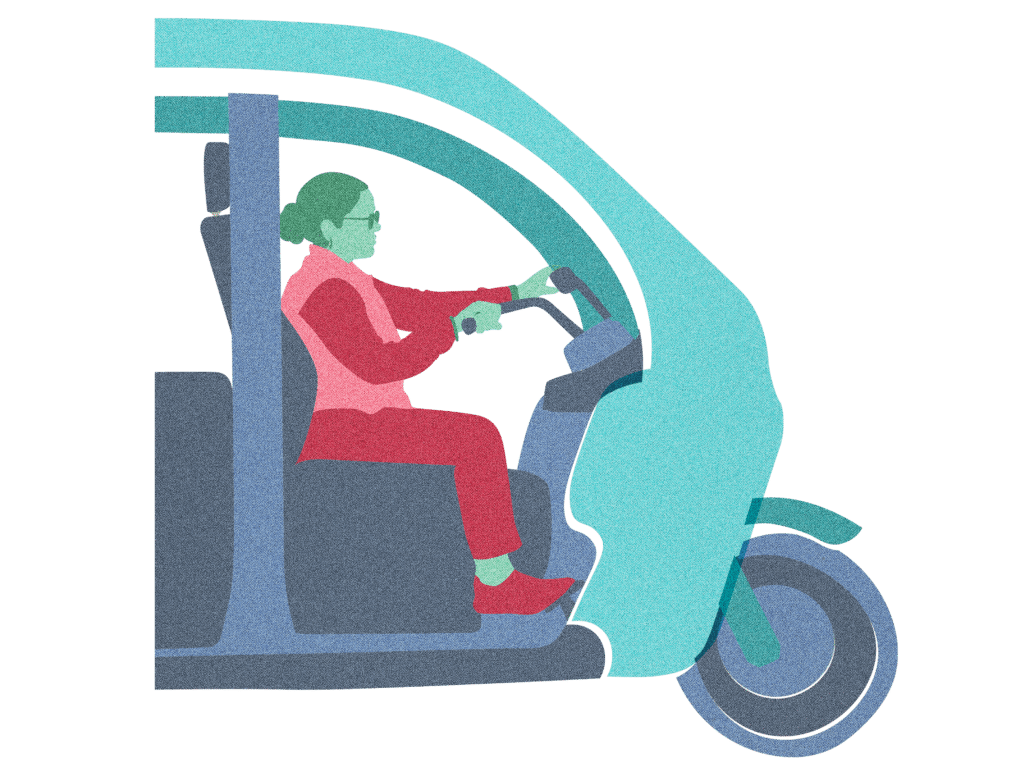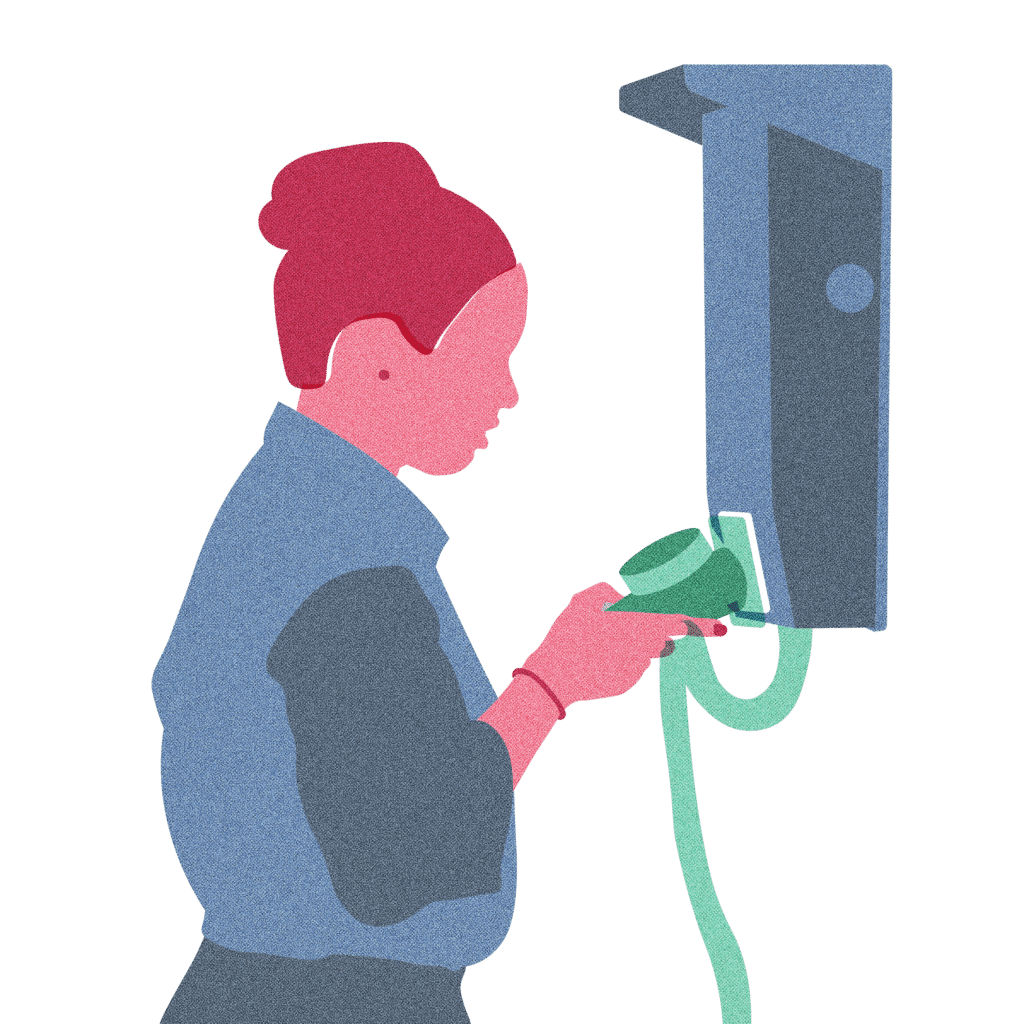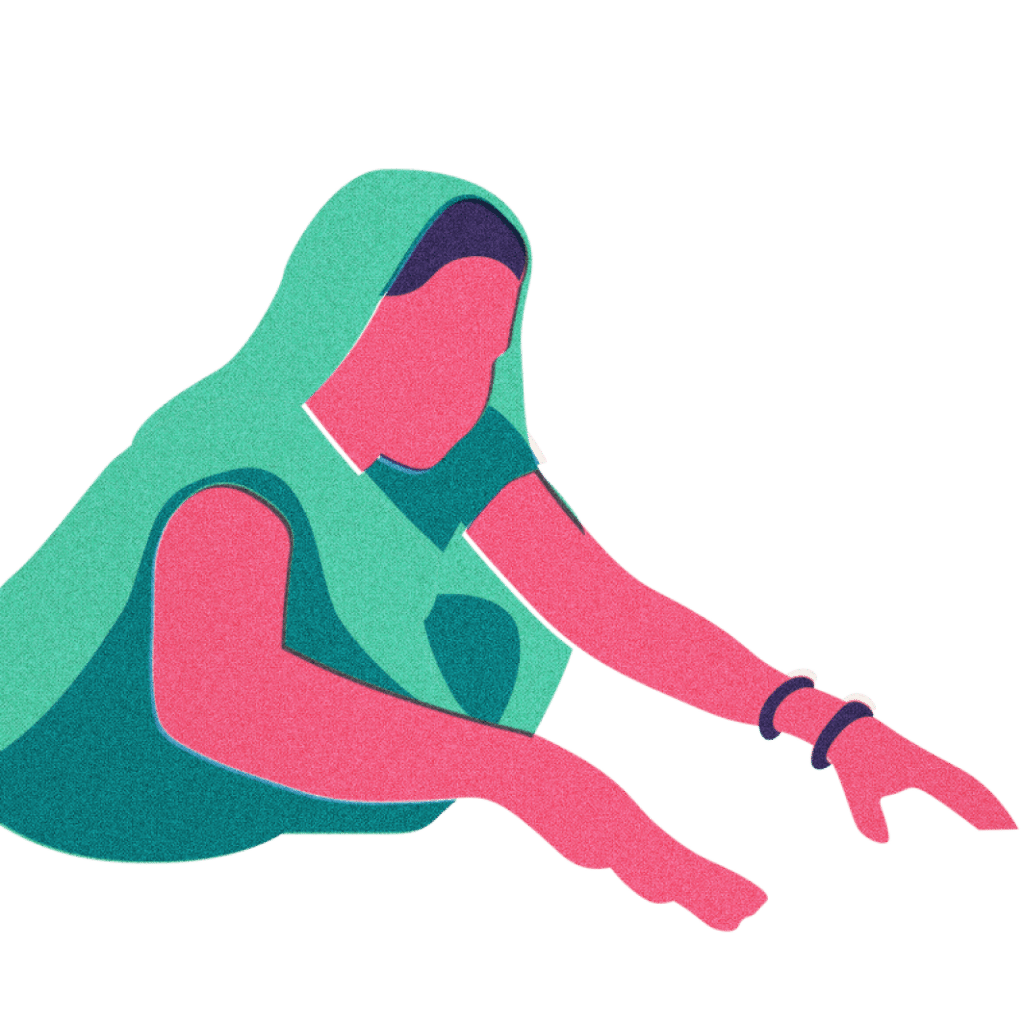Who we are
Shell Foundation is a philanthropic foundation that enables millions of people in Africa and Asia to increase their incomes with clean energy solutions
Why and how we focus on three core people
We focus on three core people: a smallholder farmer, a transporter, a micro-entrepreneur
Partner with us
Partner with us to foster early stage innovation and scale commercial clean energy solutions to reach millions of people
Our impact and news
Learn about our impact and the latest research reports and news
About us

About Shell Foundation
How our objectives and ways of working drive us

Our team
Meet the team and trustees at Shell Foundation

Our independence
Learn about our independence and how it is key to delivering our mission

Ethics and compliance
Learn how our commitments and principles underpin our work

Our history
Shell Foundation's history and evolution through the years
Who we serve
Partner with us

Our strategic partnerships
Discover our strategic partnerships with public and private organisations

Our portfolio
Learn more about the organisations we partner with to deliver impact

Partner with us
How to partner with Shell Foundation

Our partnership with the FCDO
Learn about Shell Foundation's unique partnership with the FCDO
Impact and news
For 25 years, Shell Foundation has partnered to scale clean energy solutions that boost incomes and cut emissions
Learn about our impact






